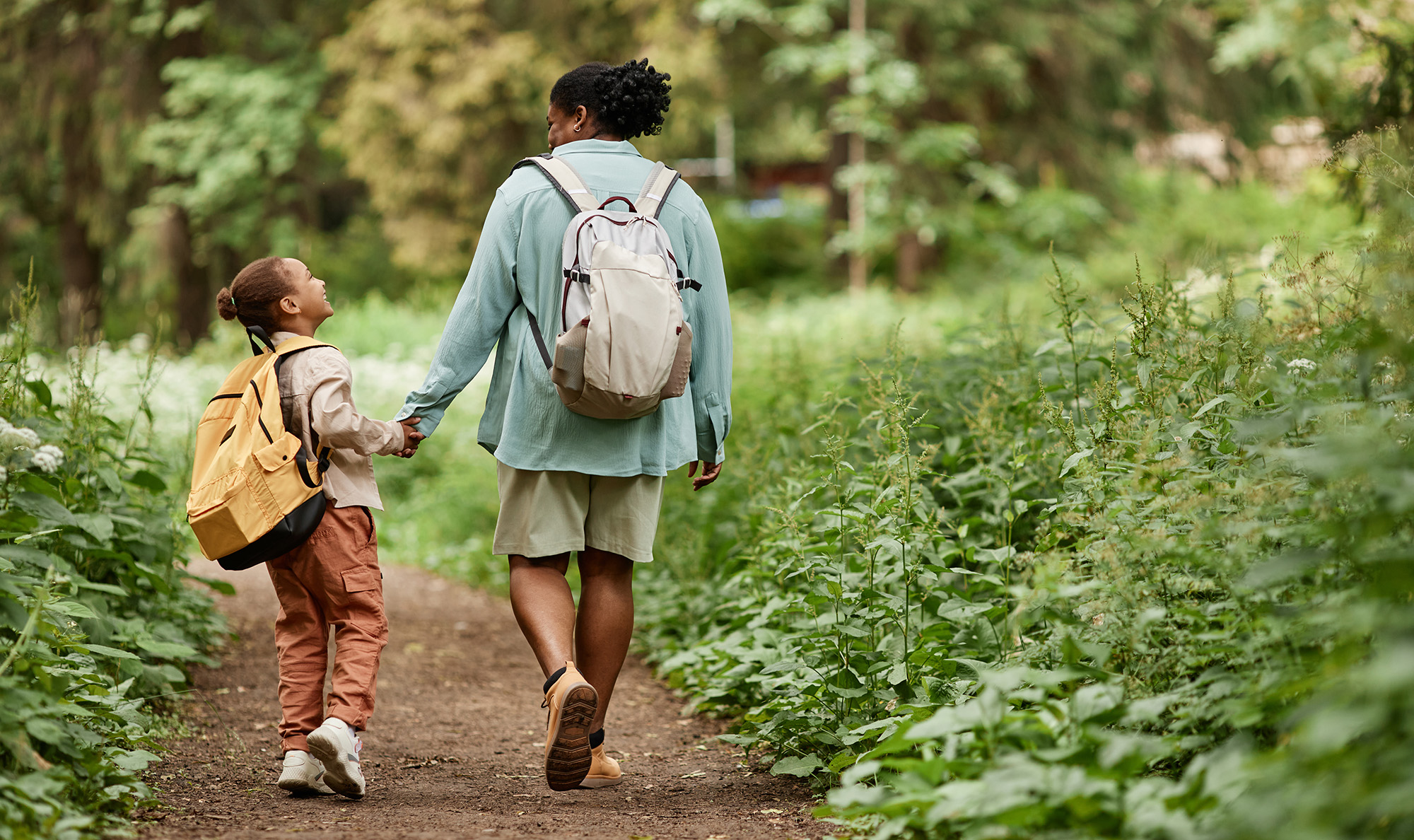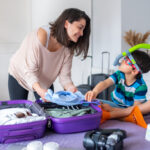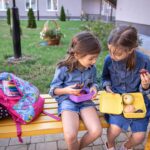April 21, 2025
5 Sensory-Friendly Activities in Cary, NC, for Kids on the Autism Spectrum
FEATURED POSTS
April 14, 2025
Finding activities that work for kids with autism isn’t always easy. Many children on the autism spectrum experience sensory sensitivities, meaning certain sounds, lights, textures, or crowded spaces can feel overwhelming. That’s where sensory-friendly activities come in.
Across North Carolina, families can find inclusive spaces designed with sensory needs in mind. From serene nature trails to thoughtfully designed play areas, these environments create opportunities for enjoyable, stress-free outings.
The Cary community has taken significant steps to create welcome places such as quiet spaces in parks, sensory-friendly events, and recreational programs specifically adapted to support children with sensory sensitivities. These efforts go beyond standard accessibility features, focusing instead on fostering environments where kids can feel at ease and families can connect.
For families, the availability of such spaces can transform outings, offering opportunities for children to engage, explore, and play in settings designed with their needs in mind. Cary’s focus on inclusivity and accessibility has made it a leader in creating sensory-friendly opportunities, providing families with spaces they can truly enjoy together.
Here are five sensory-friendly activities in Cary that you and your family can try.
1. Explore Hemlock Bluffs Nature Preserve
Hemlock Bluffs Nature Preserve features gentle walking trails, shaded areas, and a peaceful environment filled with natural sounds. The scenic setting allows children to explore at their own pace without the overstimulation of busy parks.
The Stevens Nature Center at Hemlock Bluffs offers interactive exhibits and educational programs, with staff members trained to create a welcoming atmosphere for children with different sensory needs.
Tip for Families: Visit on weekday mornings for the quietest experience. Bring noise-canceling headphones if your child is sensitive to natural sounds like birds and rustling leaves.
2. Visit the Sensory-Friendly Play Area at Marla Dorrel Park
Marla Dorrel Park is home to Kids Together Playground, an inclusive play space designed for children of all abilities. The playground features wide, accessible pathways, shaded play structures, and sensory-friendly elements such as textured surfaces and quiet areas for breaks.
Kids Together Playground was designed with input from parents of children with disabilities, making it one of the most inclusive play spaces in the region.
Tip for Families: Visit early in the day or later in the afternoon to avoid peak crowds. Bring a picnic and enjoy the surrounding green space for a relaxing family outing.
3. Visit Cary’s YMCAs for Adaptive Sports Programs
Cary’s YMCAs offer adaptive sports programs for children with special needs, including sensory sensitivities. From day camps to summer camps, private swim lessons, and inclusive lacrosse leagues, there are a variety of offerings at different YMCA locations.
Tip for Families: Contact your neighborhood YMCA to learn about specific programs and schedules that cater to sensory-friendly needs.
4. Swim at Triangle Aquatic Center’s Adaptive Swim Program
The Triangle Aquatic Center in Cary offers adaptive swim programs for children with sensory sensitivities. The pool environment is calm, and instructors are trained to work with kids on the autism spectrum, making it a great way to build confidence in the water.
Tip for Families: Bring your child’s favorite swim gear or toys to help them feel more at ease.
5. Read and Relax at the Cary Regional Library
The Cary Regional Library provides a welcoming environment for children who enjoy books and quiet spaces. The library offers designated sensory-friendly story times, where children can listen to stories in a low-stimulation setting with soft lighting and limited background noise. The library also has cozy reading nooks and calming areas where kids can take a break.
Tip for Families: Ask library staff about quieter times or sensory-friendly events. Bring a favorite book or fidget toy to help your child feel more comfortable.
Check out our LEARN Behavioral blog on 5 simple play ideas for more sensory-friendly ideas.
Looking for additional support for your child in Cary, NC? At Priorities ABA, we use science and data to deliver contemporary applied behavior analysis (ABA) therapy, tailored exclusively to your child’s unique needs, behavior, and personality. Learn more about our services in the Cary area and contact us today!








